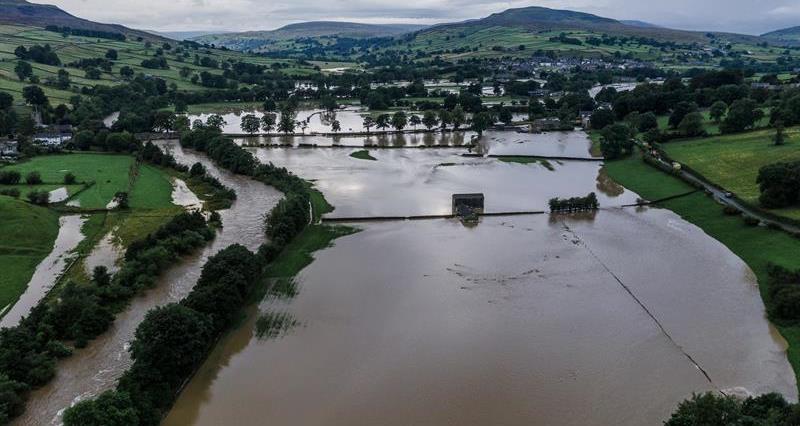Overview
Defra's call for evidence follows the publication of the Environment Agency’s draft national strategy on Flooding and Coastal Erosion Risk Management. Defra has stated that flood and coastal erosion risks will increase mainly as a result of population growth and climate change. Climate change predictions expect rainfall patterns to alter which could lead to extreme weather events and sea level rise.
Defra has requested evidence into flooding and coastal erosion so that the government can ensure that it can manage the associated risks effectively. By the end of 2019, the government is expected to set out its policy direction which aims to better prepare the country for future flooding and coastal erosion. This is expected to include emphasis on wider economic opportunities, and social and environmental benefits in rural and urban areas. The government will set out its aims in a policy statement on flooding and coastal erosion, a national infrastructure strategy and the decisions made in a spending review.
NFU response
The NFU has responded to this call for evidence as it believes it provides an opportunity to present evidence which will go towards informing government policy on flooding and coastal erosion, and therein influence the development of the government policy statement on flooding and coastal erosion.
The response highlights the impacts of flooding and coastal erosion on the farming community and outlines what the NFU would like the government to do at the national level to help the agriculture sector improve its resilience to flood and coastal erosion risks, while safeguarding the country’s food production heritage.
What did Defra ask for evidence about?
This call for evidence focused on specific flood and coastal erosion policy questions that the government would like additional evidence on. These are:
- What we understand by the term 'resilience' – asking how the term resilience is currently used, and whether the different aspects of resilience could usefully be brought together into one overall concept.
- Describing outcomes, driving action and monitoring progress – seeking examples of cases where metrics have been used effectively to achieve an overarching outcome, and information on the advantages and disadvantages of using composite metrics to describe, drive and monitor flood and coast outcomes.
- Adapting to coastal change – seeking information about what coast protection authorities have done to join up decisions about managing the coastline with wider plans and decisions for the area, and examples of whether councils have used, or tried to use, powers to fund specific coastal erosion works or to create Coastal Change Management Areas.
- Corporation tax relief for business contributions – asking how businesses have used the provision for businesses to receive corporation tax relief on their contributions to government funded flood and coast projects.
- Local funding initiatives for flood risk management – seeking examples of local initiatives funded from sources other than the public sector and what could be done to help these types of initiatives succeed.
- Developer contributions – asking about the barriers and enablers to the use of developer contributions to ensure developments are safe for their lifetime, and what arrangements are in place for maintaining flood assets in new developments.
- Managing financial risks from flooding – asking about how organisations manage the financial risks associated with flooding, in the context of climate change.
Additionally, the NFU's response included the key points from the NFU’s response to the Environment Agency’s strategy that relate to flooding and coastal erosion.
More from the NFU:
